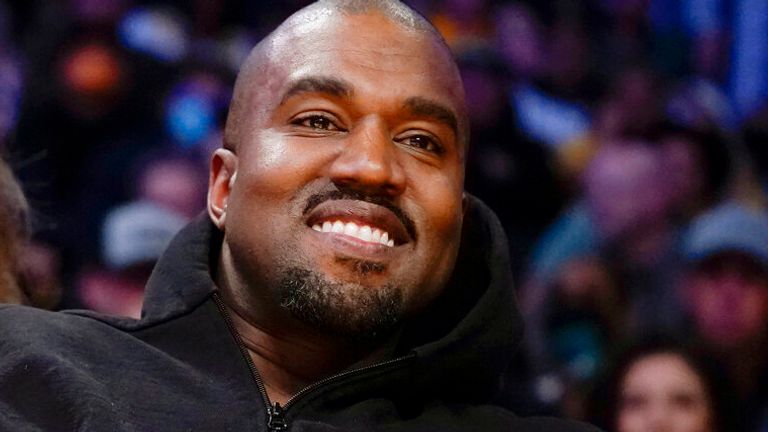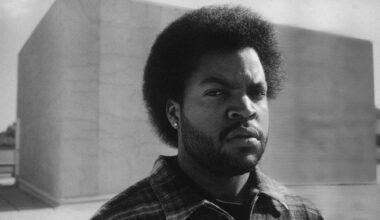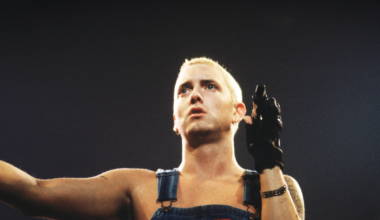Adidas plans to sell remaining stocks of Yeezy sneakers from its defunct partnership with Kanye West, for at least the price it cost to make them.
The firm cut ties with the rapper and fashion designer, who is also known as Ye, in 2022 after he made a series of antisemitic comments on social media.
But demand for Yeezy sneakers has not faded, as they remain hugely popular in the resale market.
It comes after currency fluctuations cost the firm €1bn ($1.08bn; £850m).
The German sportswear giant’s finances were impacted last year by the discontinuation of the Yeezy business and as it cut prices to wholesalers to shrink stockpiles of goods, Adidas said in a statement.
Despite facing significant headwinds, Adidas posted an operating profit of €268m in 2023 and said it expects to almost double that figure this year.
“The improvement is due to the better operating business of around €100 million and the decision to not write off €268 million of Yeezy inventory,” the company’s chief executive Bjørn Gulden said.
Mr Gulden was brought in from rival sportswear firm Puma at the start of 2023 to drive the turnaround of the Adidas after the breakup with the Yeezy brand left it with unsold sneakers worth around €1.2bn.
Even though the company sold some of its Yeezy stock last year net sales from the partnership were around €450m lower than in 2022.
Adidas said it now planned to sell its remaining Yeezy stock for “at least” the cost of producing the goods, as it tries to recoup losses from the once-lucrative partnership.
However, the company’s latest outlook still included a potential write-off of its remaining Yeezy items, which would cost the firm about €300m.
Adidas also said it was hit by the devaluation of the Argentine Peso at the end of 2023.
Argentina’s new President Javier Milei devalued the country’s currency by more than 50% in December as part of the “economic shock therapy” that he said the country needed.
The firm also warned that its profits will continue to be hit by the devaluation this year.
Adidas has been the maker of shirts for Argentina’s national football team for decades.
Last week, rival sportswear firm Puma also said Argentina’s currency devaluation hit its financial results as the region was its biggest and fastest-growing market.






